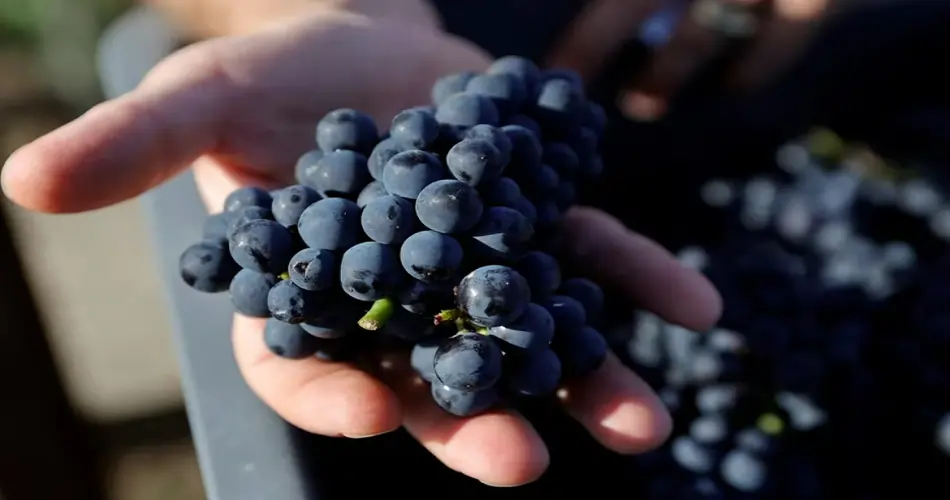Costs are so high and demand so low that some producers cannot make a profit. The European Union and the French government granted funds to distill the drink into pure alcohol to be used for other products.
France is about to destroy enough wine to fill more than 100 Olympic swimming pools. And it’s going to cost the country some $216 million.
Ruining so much wine may seem ridiculous, but there is a direct economic reason for this to happen: making wine is becoming more expensive due, in part, to recent world events, and people are drinking less of it. This has left some producers with a surplus that they cannot sell at a low enough price to make a profit. Now, some of France’s most famous wine regions, such as Bordeaux, are struggling.
In June, the European Union initially granted France some $172 million to destroy nearly 80 million gallons of wine, and the French government announced additional funds this week. Producers will use the funds to distill their wine into pure alcohol to be used for other products, such as cleaning products or perfumes.
Agriculture Minister Marc Fesneau told reporters Friday that the money was “aimed at halting the slump in prices and enabling winemakers to find sources of income again,” according to Agence France-Presse.
The decline in wine consumption is not new, according to Olivier Gergaud, an economics professor at France’s KEDGE Business School, who researches food and wine.
Wine consumption in France has been plummeting since its peak in 1926, when the average French citizen drank about 136 liters a year. Today, that figure is closer to 40 liters, The Washington Post previously reported. In addition, consumers are inundated with beverage choices and are choosing wine less and less.
“We have an underlying problem: how can we get closer to the consumer and make wine more relevant to consumers who have a lot of choices?” says Stephen Rannekleiv, global beverage strategist at Rabobank, a Dutch financial firm specializing in agribusiness.
As consumption has plummeted, production costs have risen and inflation has strained budgets around the world. This is especially true since the covid-19 pandemic, which closed bars, restaurants and wineries, sending prices soaring. The war in Ukraine also impacted the industry by disrupting shipments of essential winemaking products, such as fertilizers and bottles. And in addition to the pandemic and the war, climate change is forcing winemakers to adapt to new harvest schedules and more extreme weather conditions.
Costs are so high and demand so low that some producers cannot make a profit.
Although this year’s subsidy is garnering a lot of attention, French government intervention is not a new phenomenon, according to Elizabeth Carter, a political science professor at the University of New Hampshire who has studied the French wine market.
“It doesn’t surprise me at all that France is trying to destroy surpluses and raise prices by limiting quantities, because it’s something they’ve been struggling with since the 19th century: overproduction of wine,” Carter says.
According to Carter, there has been a decades-long internal tug-of-war among producers in France, who question how much grapes to grow and how much wine is too much. The country has long heavily regulated the wine market, in some cases telling producers how many vines they can grow and how far apart they must be, in an effort to avoid flooding the market.
Gergaud says that while this buyback program is not entirely new, he hopes the industry will use this moment to consider longer-term solutions.
“We have to think in terms of long-term adaptation to these changing conditions,” he said. “We have to help this market transition to a better future, perhaps with more environmentally friendly wines. Adapting to climate change is a real challenge.”
Whatever its current problems, wine is too important a part of French identity for the market to go anywhere. It is certainly in the government’s interest to keep the industry happy: French President Emmanuel Macron has gone so far as to say that a meal without wine “is a bit sad.”
Image: (REUTERS / Pascal Rossignol)

